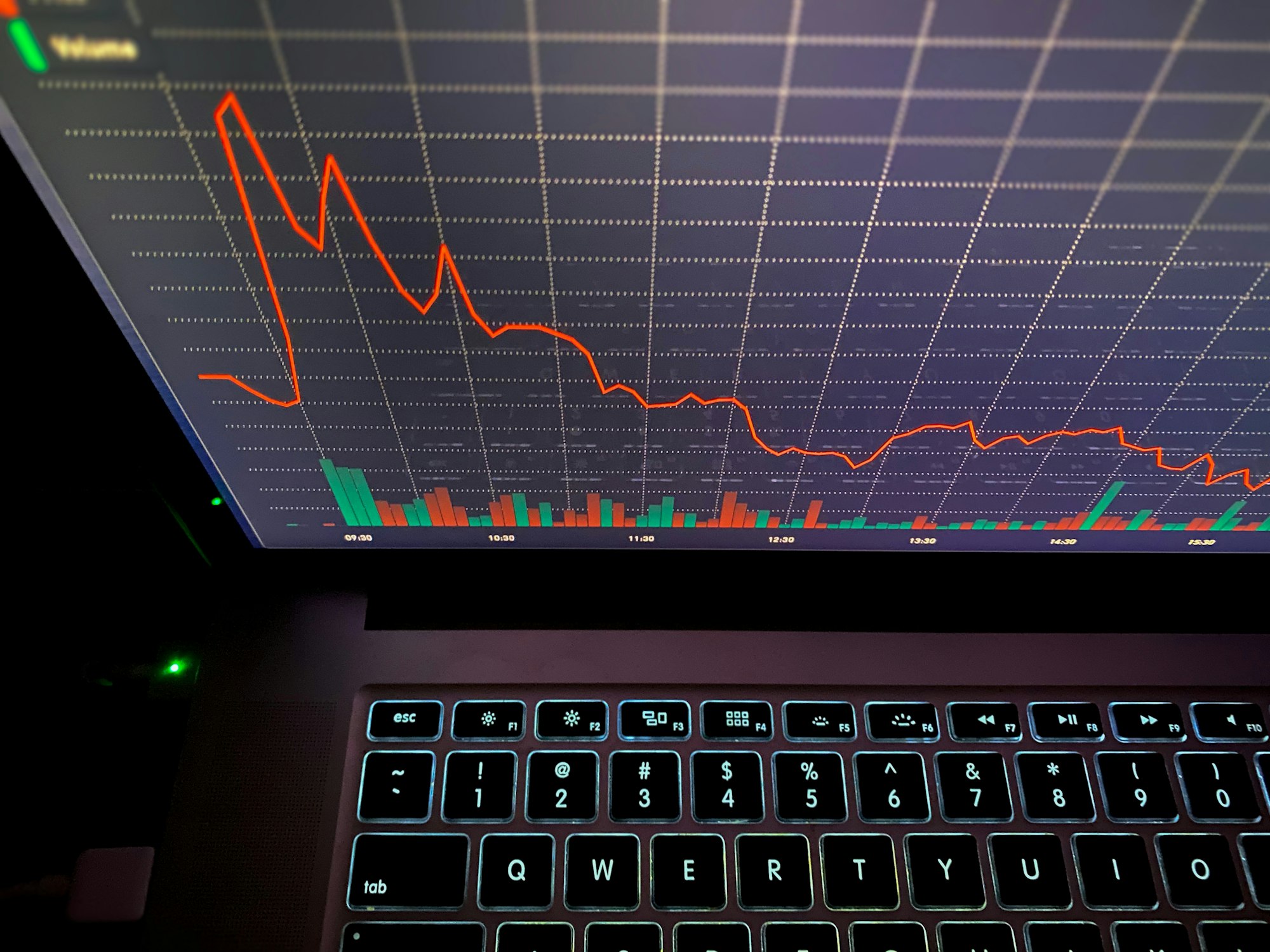Why Are Big Tech Companies Losing Value?
Alphabet Inc. (Google’s Parent Company)
This August, Google’s parent company, Alphabet, saw its stock value drop by 4.7%. A lot of this had to do with worries that YouTube might not make as much money from ads as before. On top of that, a judge said Google broke some rules that prevent companies from having too much power over the market. Also, OpenAI is working on a new search engine that could compete with Google, which has some investors feeling nervous.

Amazon.com Inc.
Amazon also had a rough time, with its value falling by 4.5%. The main problem here is that people aren’t shopping as much online, which is how Amazon makes a lot of its money. With talks about a possible recession, which means the economy could go bad, people might continue to cut back on spending. Although Amazon is spending a lot on AI and other tech, investors are still cautious.
Tesla Inc.
Tesla’s value dropped by a hefty 7.7%. This was mainly due to not-so-great earnings reports and some global political issues. Specifically, Canada wants to put a big tax on Chinese-made electric vehicles, and since Tesla sends a lot of cars from Shanghai to Canada, this could really hurt their profits.
Nvidia Corp.
Nvidia, known for its AI chips, also saw a 7.7% decrease in value. Their sales just met what people thought they would make, which wasn’t enough to keep everyone happy. Also, their profit forecasts weren’t as good as expected, which disappointed investors. Even though Nvidia is a big player in the AI field, this shows just how unpredictable the tech market can be.
Who’s Winning Despite the Turmoil?
Eli Lilly and Co.
On the flip side, Eli Lilly’s stock jumped nearly 20% thanks to strong sales and a new weight-loss drug that looks promising for reducing the risk of type 2 diabetes. This drug could appeal to a huge number of people who want to stay healthy, which really excites investors.
Berkshire Hathaway Inc.
Warren Buffett’s company, Berkshire Hathaway, did great and even hit a market value of $1 trillion for the first time. This shows that a lot of people still see it as a safe bet, especially when other companies are having a hard time.
Meta Platforms Inc. (Facebook’s Parent Company)
Meta, the company behind Facebook, also did well. Its value went up by almost 10% after it reported better than expected revenue. It looks like their ad business is still going strong, which has helped reassure investors despite the high costs of their AI projects.
To sum it up, companies like Google, Amazon, and Tesla had a tough August due to the expensive AI technology and worries about the economy. On the other hand, companies like Eli Lilly and Berkshire Hathaway managed to do really well despite the challenges.

Here are three FAQ items based on the article about the tech market declines and gains:
FAQ 1: Why did Alphabet Inc.’s market value drop in August?
Answer: Alphabet Inc., the parent company of Google, experienced a 4.7% drop in market value in August. This decrease was mainly due to concerns about lower advertising sales on YouTube and the impact of a U.S. judge’s ruling that found Google guilty of breaking antitrust laws. Additionally, potential competition from OpenAI, which is developing a new AI-based search engine, also contributed to the decline.
FAQ 2: What caused Tesla’s market value to fall recently?
Answer: Tesla’s market value decreased by 7.7% in August. Several factors contributed to this drop, including disappointing second-quarter earnings and the threat of a new Canadian tariff. The proposed 100% tariff on Chinese-made electric vehicles (EVs) would affect Tesla since it ships EVs from Shanghai to Canada. This tariff could increase production costs and reduce profits.
FAQ 3: Which companies saw their market value increase, and why?
Answer: Despite the overall downturn, some companies like Eli Lilly and Co., and Berkshire Hathaway saw their market values increase. Eli Lilly’s market value surged nearly 20% due to strong sales and the successful launch of a new weight-loss drug. Berkshire Hathaway surpassed a market value of $1 trillion, benefiting from its reputation as a stable and diversified investment, appealing to investors even during uncertain economic times.
Sources Reuters


